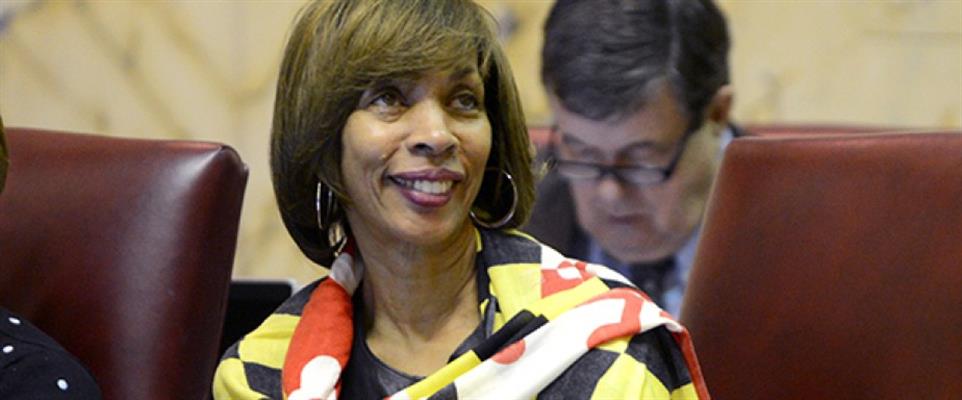There can be no denying that legislatively speaking, the Fight for Fifteen movement garnered huge wins during the last election cycle both on city and state levels.
No matter how much success or popularity an initiative manages to earn at the ballot box, there are economic laws that cannot be avoided, even when good intentions are accounted for—something some politicians are starting to figure out.
A Complete 180
Last week, Baltimore’s new Democratic Mayor, Catherine Pugh, surprised her constituents by changing her position on the issue of raising the city’s minimum wage to $15 an hour.
This came as a shock to those who had previously supported her during her mayoral run when she not only vocally promised to support the legislation, but also said in writing on a union questionnaire that, “I am aware of the current initiative to raise the minimum wage in the City Council to $15 per hour and when it reaches my desk I will sign it.”
However, after she was elected into office and when the minimum legislation did reach the new Baltimore Mayor’s desk, instead of signing the legislation, Mayor Pugh used her power to veto it!
Pugh, who is only four months into her term as mayor, did what many mayors have not taken the time, nor had the courage to do: she actually researched the economic policies set to be implemented in the legislation, and the potential harm these policies could cause in Baltimore.
As a result of what she learned, Pugh decided she could no longer in good conscience support or sign the legislation when the economic repercussions were potentially dangerous enough to harm her entire city.
Unfortunately, money does not appear out of thin air or grow on trees.
Show Me the Money
Like many economists who have warned against the raising the minimum wage, Pugh worries that this will do more harm than good for Baltimore businesses.
As businesses are forced to adjust their expenditures in order to provide for these higher wages, many will be forced to cut back on individual employee hours, or cut jobs altogether, whether by moving toward automation or simply downsizing the business’s scale.
In other words, while $15 an hour might sound like a great way to help the country’s lowest-earners, the reality of the situation isn’t so simple. Employers will go out of business if they consistently pay workers more than the revenue their work brings in. If the minimum wage is higher than a worker’s marginal productivity, the employer will have no other choice than to lay him or her off.
Pugh isn’t the first politician to question the economic logic behind raising the minimum wage.
Pugh believes that a city-wide raise in the minimum wage could very likely cause Baltimore businesses to shut down if they are unable to afford the higher wages. Additionally, with so many workers vying for these “too good to be true” jobs, many Baltimore residents will likely look for jobs elsewhere, causing many to relocate in nearby Washington D.C. or Virginia, and taking revenue away from the city.
Pugh isn’t the first politician to stand up and question the economic logic behind raising the minimum wage.
In fact, last year as he was signing California’s new minimum wage law into effect, which incrementally raises the minimum wage to $15 by the year 2020, California Governor Jerry Brown said:
“Economically, minimum wages may not make sense. But morally, socially, and politically they make every sense because it binds the community together to make sure parents can take care of their kids.”
However, even though Brown openly admitted that raising the minimum wage “may not make economic sense” he proceeded to sign the bill anyway, rather than face public scrutiny for making an economically sound choice.
Just this morning, the Baltimore City Council convened to discuss the Mayor’s actions but failed to get the needed signatures to override her veto.
As it stands currently, Baltimore is safe from the wage crusaders, but this will be an ongoing battle as the utopian rhetoric of higher wages clashes with the economic realities of actually putting those policies into action.
—
Brittany Hunter is an associate editor at FEE. Brittany studied political science at Utah Valley University with a minor in Constitutional studies.
This article was originally published on FEE.org. Read the original article.
[Photo Credit: Campaign website of C. Pugh]
















Leave a Comment
Your email address will not be published. Required fields are marked with *